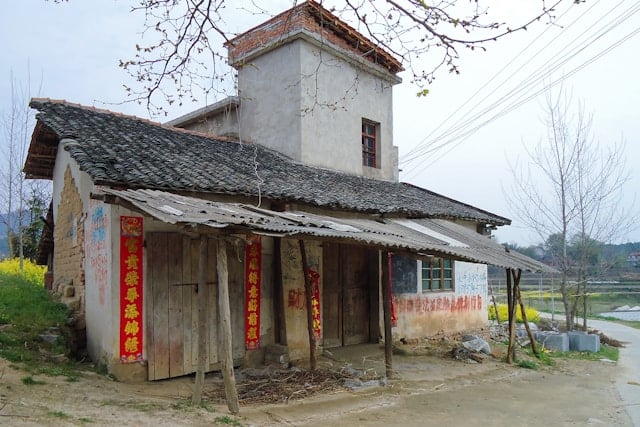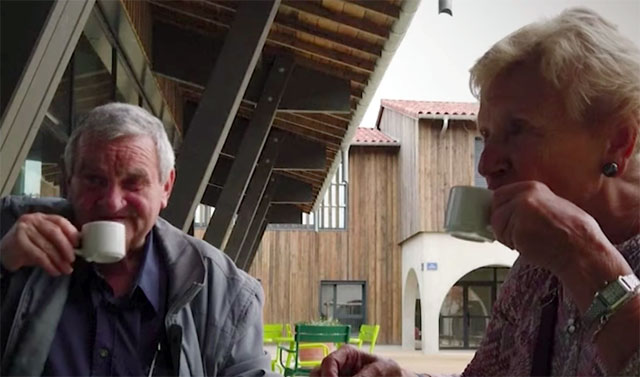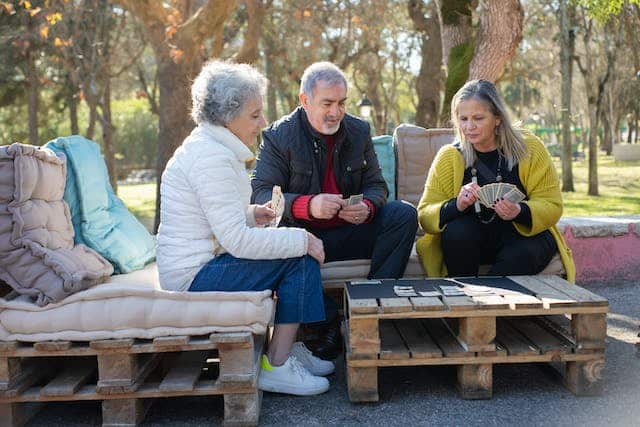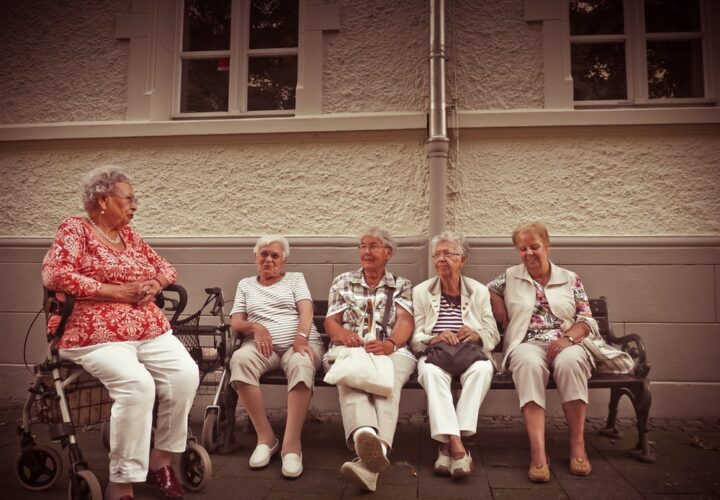Researchers in China taught village health providers how to prescribe blood pressure medication. Despite not being doctors, this intervention lowered blood pressure and dementia risk over four years.
Like a field agent in the latest espionage thriller, high blood pressure, or hypertension, is often called “the silent killer.” Dementia has a number of modifiable risk factors: loneliness, hearing and vision loss, and obesity… but hypertension is one of the most potentially influential on a public health scale. According to the World Health Organization, there are 1.2 billion people living with hypertension. However, half the people who live with hypertension are unaware of it, as it rarely causes symptoms. Over time, high blood pressure damages the blood vessels, and this impacts blood flow to the brain, increasing a person’s risk of Alzheimer’s and other forms of dementia by 40 percent.
There are medications that, combined with changes in diet, effectively treat high blood pressure. The problem: Millions of people around the world don’t have access to a doctor who can prescribe them.
A study published in Nature Medicine looked at an innovative new way to break down this barrier to access: Researchers in China tested whether “village doctors” — people in small villages who didn’t earn medical degrees, but who are trained in providing basic healthcare — could effectively administer blood pressure medications to mitigate hypertension while lowering the risk of related conditions, including heart disease and dementia.
Dr. JoAnn Manson, a Harvard professor and chief of the division of preventive medicine at Brigham and Women’s Hospital who wasn’t involved in the research, told Being Patient that the study “not only adds to the evidence that controlling blood pressure reduces the risk of dementia but also demonstrates that these non-physician community healthcare providers can deliver important risk-reduction interventions.”
In upwards of 300 villages across China, the researchers tested this approach in 33,955 people — mostly in their early 60s. In half of these villages, researchers trained a community healthcare provider to measure blood pressure and prescribe medications at tailored doses. This individual was also trained to coach villagers on how to stick to medications and lifestyle changes and to provide villagers with equipment to measure blood pressure at home. The researchers taught village providers how to prescribe blood-pressure-lowering medications according to a simple protocol to help adjust the dosage for each patient.
In the other villages, things stayed as they were: Study participants would need to travel to their doctor to receive treatment for their high blood pressure.
It takes a village
The researchers observed their study cohort for four years. Ultimately, they saw that in the villages with trained healthcare providers, the average blood pressure dropped to safe levels after four years, with 68 percent of people getting their high blood pressure under control.
In the “control group” villages where people still needed to travel for healthcare access, blood pressure lowered too, but only by a small amount, with only about 15 percent getting their blood pressure under control.
High blood pressure damages the blood vessels supplying nutrients and oxygen to the brain, and could speed up the development of dementia. The researchers also wanted to know: Would lowering blood pressure provide the brain with protective benefits? Indeed, the team found that after four years, people living in villages with trained healthcare providers had not only healthier blood pressure levels, but were also 15 percent less likely to develop dementia compared to those living in control villages.
People who lived in the villages with a trained healthcare provider were also slightly less likely — 6 percent — to die or to be hospitalized over the course of the study.
The researchers also checked whether people who started the study at an older age also benefited. But for participants 69 or older, the village provider made no meaningful difference in terms of reducing dementia risk.
Since most cases of dementia are diagnosed in people over 85, these results indicate that earlier intervention is needed, as the accumulation of vascular damage may be harder to reverse later in life.
“It is encouraging to see further support for the concept that intensive blood pressure control reduces dementia risk,” Atticus Hainsworth, a professor at St. George’s, University of London, wrote on the U.K.’s Science Media Centre. “There are parallels with a previous large clinical trial of intensive blood pressure lowering in older North Americans.”
In the study Hainsworth mentioned, treatment with blood pressure medication also reduced the risk of developing dementia by about 15 percent. The participants in this study were also older, 68 years old, on average.
Together, these studies show that managing high blood pressure protects the brain during aging — and could prevent at least some cases of dementia.




